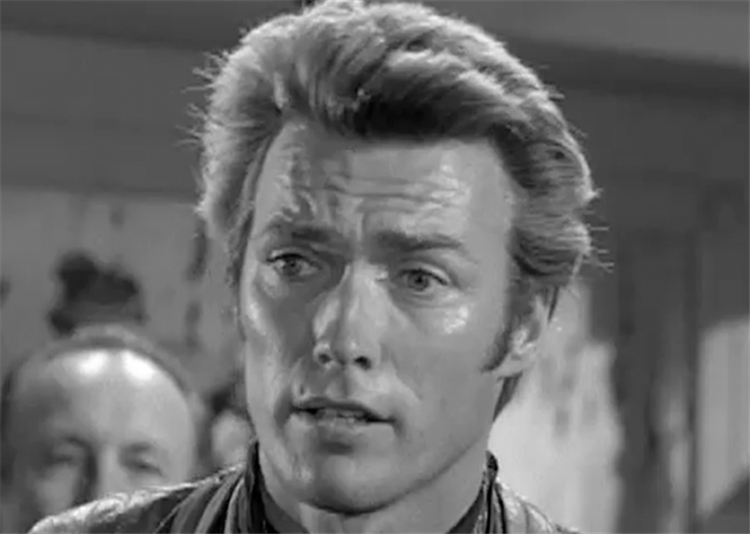It’s hard to imagine now, but there was a time when Clint Eastwood was just the guy who played Rowdy Yates on Rawhide. The bonafide international superstar hadn’t yet crossed into the mainstream consciousness in 1964. If American audiences recognized him, it was as the lanky cowpoke who wasn’t even top-billed on his show.
But everything changed with an Italian-German-Spanish co-production called A Fistful of Dollars. Suddenly, Eastwood was a European celebrity, and his star outshined his stateside television image. Eventually, with the movie’s American theatrical release, viewers in the US had the chance to catch up to the overseas rave reviews.

Here’s a surprising factoid: Even though it was Eastwood’s best-received work of his career thus far, he wasn’t paid much to appear in A Fistful of Dollars.
“In fact,” Eastwood told the Associated Press in ’64, “I did it for peanuts, less than I get for Rawhide. I just liked the script. It’s so far out that I guess you could call it a James Bond Western. I’m supposed to be the hero, but there’s only a thin line between me and the heavy.”
The movie was the first of three movies later dubbed the Dollars trilogy. Along with its sequels For a Few Dollars More and The Good, The Bad & The Ugly, this movie completely revolutionized the idea of the Western hero. No longer was the protagonist restrained by the forthright John Wayne style of heroism. Now, Eastwood and his conspirators ushered in the era of the anti-hero.

“I kill 5 people in the movie and end up by burning down the whole town. I’m no Sir Galahad like Shane. I’m on a 28-year-old horse and I look like a refugee hermit. I settle all arguments with gunfire. I think I do one good deed in the whole picture.”
The movie set itself apart from other Westerns immediately, even in the planning stages.
“When I read the script, I told the director and producers that either this picture is the greatest flop of all time— or else it’s the best Western satire yet. I played it as satire, a little tongue-in-cheek. Apparently, we succeded in Italy, at least. They’re sharp audiences.”